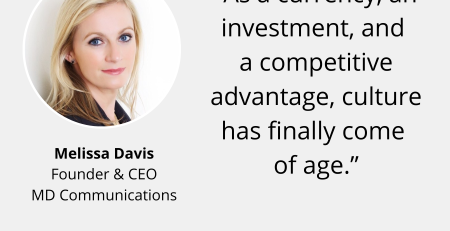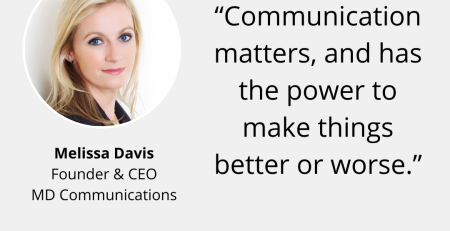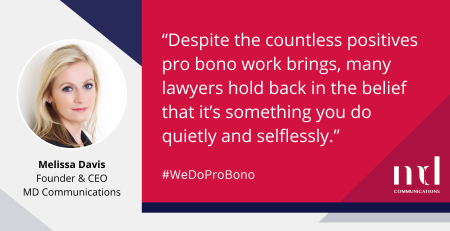Co-authored by Melissa Davis, CEO, MD Communications and Chris Scott, Senior Partner, Slateford.
Now, more than ever, reputation and crisis dominate the global headlines. Here, in the UK, Johnny Depp is now facing a career on the cusp of disaster after losing his libel case against The Sun newspaper. In America, hundreds of millions are deciding the future of a nation based on the perceived reputations of two very polarised candidates. Worldwide, businesses and politicians are facing the most impactful pandemic in history, and their reactions will decide the fate of themselves and their myriad of stakeholders.
Furthermore, a general public driven by the immediacy of an unprecedented appetite for information and the technology and connectivity to enable it, are making quickfire decisions that can potentially destroy a business or individual. The distance between perception and perdition has never been shorter.
So, what can be done to protect and mitigate the damage of attacks on reputation and potential crises that shape it?
The good news is there are several steps you can take now as well as plans you can make in the short term to enact if and when the need arises.
Reputation problems very rarely come totally out of the blue. Our experience is that most issues have a long tail back to reputation risk. That is an advantage – identifying problems earlier gives you more opportunities to achieve better outcomes and building the organisational resilience to handle them. In designing your strategy, you must check back to whether things you are doing and the way you are doing them will achieve your reputation objectives. This is in the case of legal issues as well as your crisis PR strategy.
In this piece, we will examine some pre-emptive measures you can take now before your reputation takes a hit or is thrust into crisis. Part two will cover what you need to do in the middle of a situation.
What can be done now?
The old Benjamin Franklin adage holds true: an ounce of prevention is worth a pound of cure. Wise businesses and high-profile individuals employ strategies and considerations before a crisis or reputational damage occurs.
Here are several initiatives you can undertake now:
- Identify your supporters and promoters. Even when things are going well, you should understand who your supporters and promoters are. The individuals who like you and/or your business – and more significantly those who actively promote you to others – will be the ones who will cushion you against reputational damage and lift you when the worst occurs. Find ways to cultivate and reward their support.
- Be clear about what your values are. Understanding, embracing, and weaving them into what you do and who you are – provided they are genuine – differentiates you and cultivates your supporters and promoters. Furthermore, this helps identify reputational and crisis issues before they happen. If you have done something that falls out of line with your values, however small, it may signal a reputational issue is developing and tell you action must be taken.
- Monitor how you are perceived. Keep tabs on how you are perceived in the media, on social channels, and in any other forum that matters to you and your stakeholders. These can also be early signals that a reputational issue is developing.
- Take complaints about you or your business seriously. Whether these appear on social media, are formally registered with a third-party or are expressed directly; examine them, respond genuinely and treat the people complaining with respect. Complaints are among the early indicators of emergent issues.
- Appoint a central reputational management team. As an individual (for yourself) or as a leadership team (for your business), create a core team to help get at the facts of a situation and identify pressure points on your reputation. For individuals, this can include your legal team, your agent and/or other trusted advisors. For businesses, this should include the C-suite, HR, communications, accounts and production. This committee should not be too large, as it can distract too many of your core team from their responsibilities, which directly impact your values.
- Discuss and practise likely scenarios. Conduct a brainstorm session where your reputational management team discusses potentialities that can impact your perception in the market. Outline them and when/whether they will become a full-blown crisis. Create plans for how you will handle these issues, whether they are negative comments on social media, releasing underwhelming financial results, political or media criticism, etc. Practice them regularly. Reach a consensus on what would signal an end to the crisis and when you can return to business as normal.
If you need any support at the moment on either communications or legal reputation issues I hope you’ll drop Chris or I a line.












